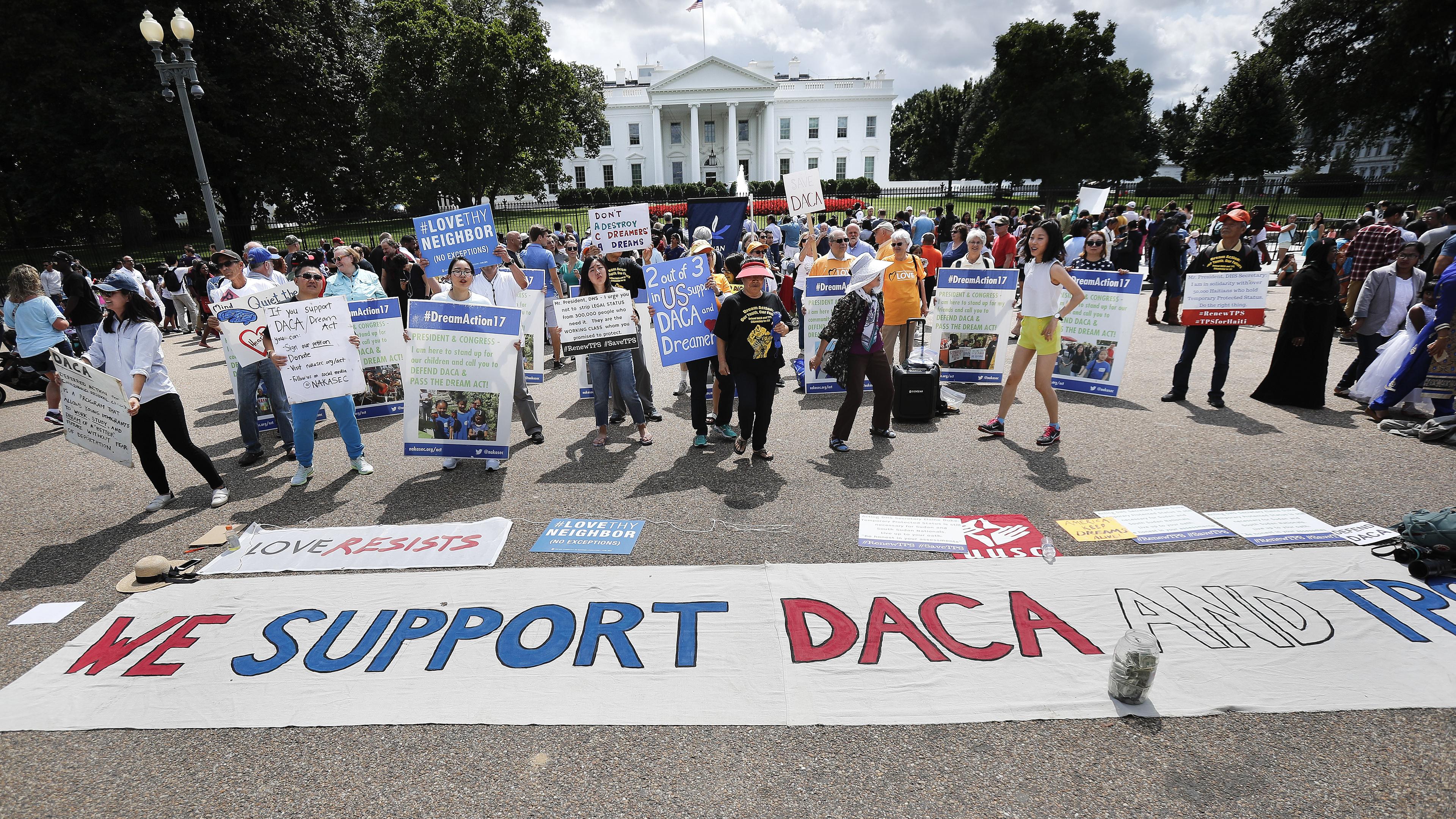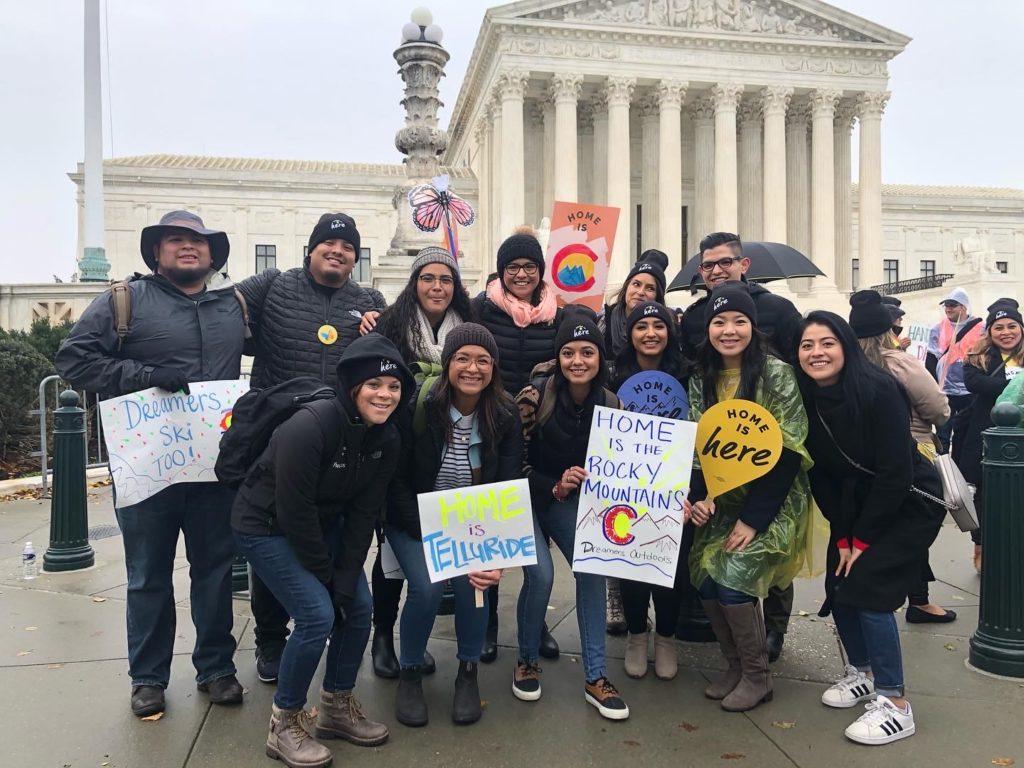
Marissa Molina breathed a sigh of relief today when the Supreme Court announced Thursday it had blocked the Trump Administration’s order to end Deferred Action of Childhood Arrivals.
“For many, many weeks, I and 14,000 other DACA recipients across the state of Colorado were waking up … to wait for someone to make a decision about the rest of our lives,” Molina said. “And so to have this decision today is so affirming that our home is here, that Colorado has and will continue to be our home.”
DACA provides protection from deportation, along with work authorization. President Donald Trump ordered the program to end in 2017. Since then it’s been in the courts. Three lower courts found the Trump administration hadn’t provided adequate legal explanation for why it was ending DACA.
Molina was brought to the United States from Mexico when she was nine years old. Now she is the first Dreamer appointed to a Colorado state board as a member of the Metropolitan State University of Denver Board of Trustees. She is also the Colorado immigration manager for the political advocacy group FWD.us.

Another DACA recipient, Marco Dorado, said he was in shock when he first read the decision.
“To have this looming in the back of our mind and sort of over us has been extremely difficult,” he said. “I think the feeling that I have the most is a feeling of hope and a renewed belief and the idea of why my parents made the decision to come to the U.S. and bring me here when I was a kid.”
Dorado is a fellow at the National Development Council and graduated from the University of Washington last week with a master’s degree in public administration. He has lived in Colorado since he was three years old.
Chief Justice John Roberts was the swing vote in the Supreme Court’s 5-4 decision and authored the majority opinion. He said, "the decision to terminate DACA was arbitrary and capricious."
Dissenting opinions argued that because President Barack Obama created DACA through an executive order it was “unlawful from its inception.”
Violeta Chapin, a University of Colorado law professor who leads the Criminal and Immigration Defense Clinic, applauded the Supreme Court’s decision. However, she says that DACA recipients are still in limbo because there is no clear pathway for many Dreamers to acquire citizenship.
“In this particular decision, all agree that the Department of Homeland Security has the power and the discretion to end the DACA program if it chooses to do so,” Chapin said. “What the ruling held today was that the way in which they tried to do it was wrong that it was arbitrary and capricious because they had failed to consider a number of things when they did it.”
For her part, Molina said that is the next step in her advocacy role at FWD.us.
“We remain hopeful, and we remain ready to fight for congressional action and for permanent solutions,” she said. “We know that this is just a small step, but nonetheless, a really important victory for all of us.”









